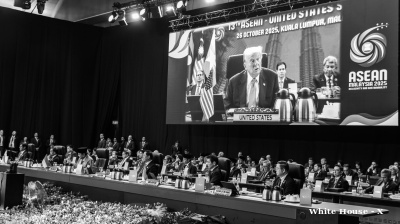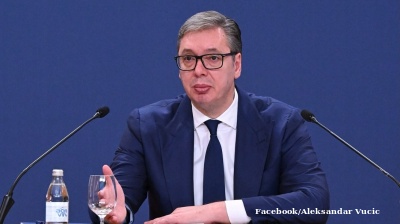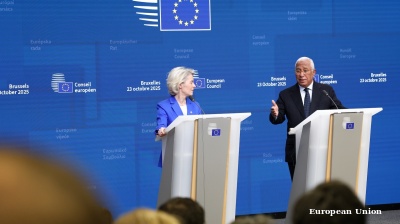Serbia's President Aleksandar Vucic announced a sweeping package of economic measures on August 24 aimed at curbing inflation, improving living standards and easing public dissatisfaction over rising prices.
The measures, unveiled during a press conference at the Palace of Serbia in Belgrade, include capping retail margins on around 3,000 essential products, reducing interest rates on consumer loans and providing energy and fuel subsidies for the most vulnerable citizens.
“We are introducing a maximum margin of 20% for 3,000 products across 23 key categories, from meat and vegetables to household chemicals and soft drinks,” Vucic said. “Until now, these margins averaged over 45% in the largest retail chains.”
The new price regulations are set to take effect from September 1 and will apply to 24 major retailers operating in Serbia. Trade Minister Jagoda Lazarevic clarified that while the government is not mandating specific price cuts, the margin limit is expected to reduce retail prices by an average of 15%.
Additional measures include legislative changes to prevent court-appointed debt collectors from seizing a debtor’s sole residence of up to 60 square metres, expanded electricity discounts for pensioners, veterans and low-income households and free firewood distribution for the most vulnerable.
The announcement comes amid ongoing inflationary pressure, with annual inflation rising to 4.9% in July from 4.6% in June, driven primarily by elevated food and fuel prices. Although inflation has slowed significantly from a peak of over 15% in early 2023, many Serbians say their purchasing power continues to erode.
The economic strain has contributed to a wave of anti-government protests in recent months, reflecting broader dissatisfaction with the political climate and living conditions. Consumer boycotts targeting major retail chains earlier this year highlighted growing frustration over high prices.
Political analysts say the measures could signal the beginning of an informal election campaign, even as the government insists elections are not imminent. “Every time there’s talk of money from helicopters or cheap salami, we end up at the polls," wrote the local newspaper Danas.
However, Milos Vucevic, a key adviser to the president, has denied speculation of early elections. “There will be no elections before the end of 2026,” he said, adding that the administration’s focus remains on stability and reform.
Vucic has promised a second phase of economic measures to be unveiled in mid-September, which he said would provide further relief to millions of citizens. “I am convinced that these measures show how much we care for our citizens – that they live better, that they feel supported,” he said.
Critics remain sceptical that promises of lower prices will outweigh public anger over broader issues, including recent allegations of police brutality against protesters and suppression of dissent.
Still, with Serbia’s fragmented opposition lacking a clear economic or political alternative, the government appears to be betting that targeted relief and consumer-focused reforms will help restore public confidence – or at least blunt growing unrest.
News
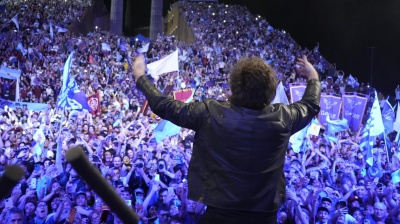
Milei celebrates resounding victory in Argentina's midterm elections
Argentine President Javier Milei scored a major win for his La Libertad Avanza (LLA) party in Argentina's October 26 midterm legislative elections, as the party obtained approximately 40.84% of the nationwide vote with 99.14% of the votes counted.
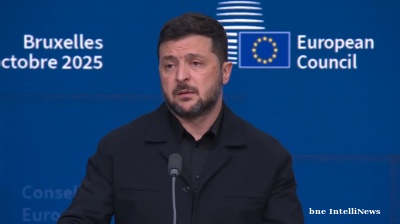
Zelenskiy accuses China of aiding Russia’s war effort through industrial and military support
Ukrainian President Volodymyr Zelenskiy accused China of materially supporting Russia’s military-industrial complex, providing key technologies and resources that have enabled Moscow to sustain and scale its war effort against Ukraine.
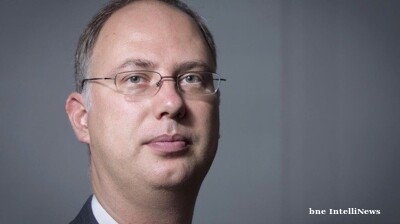
US Treasury Secretary Bessent blasts “Russian propagandist” special envoy Dmitriev in Washington PR debacle
A trip to Washington by the Kremlin’s special business envoy Kirill Dmitriev days after the US imposed new oil sanctions turned into a debacle after US Treasury Secretary Scott Bessent blasted him as a “Russian propagandist.”
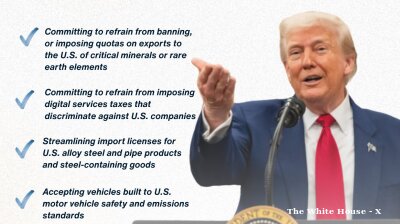
Trump pledges enduring support for Southeast Asia as new trade deals signed
During his visit to Southeast Asia, US President Donald Trump declared that Washington would remain a steadfast ally to the region, as he signed a series of trade agreements with four ASEAN member states.
